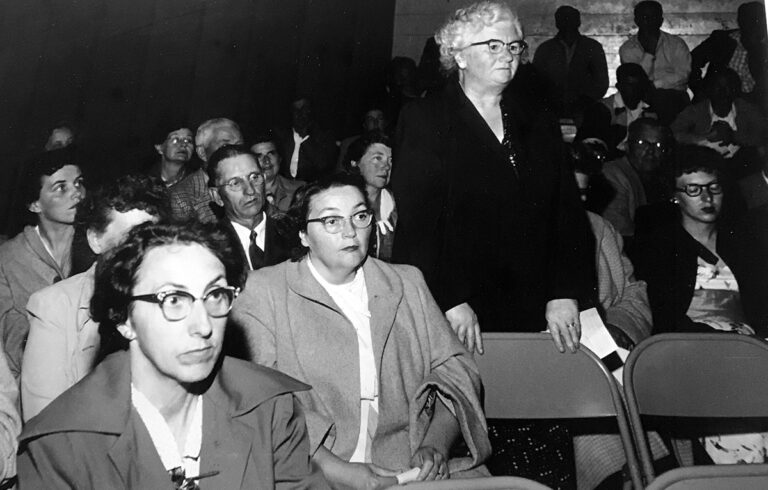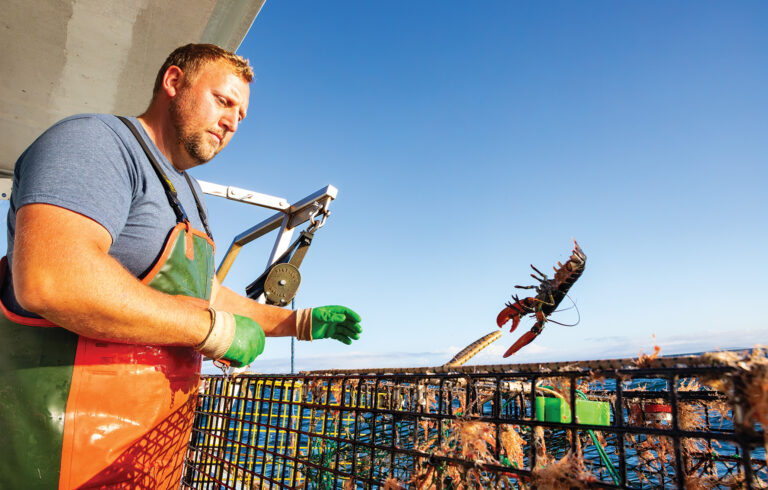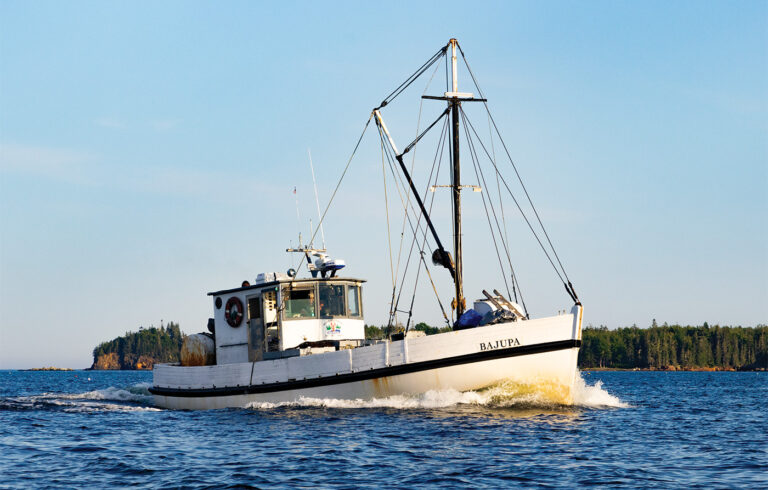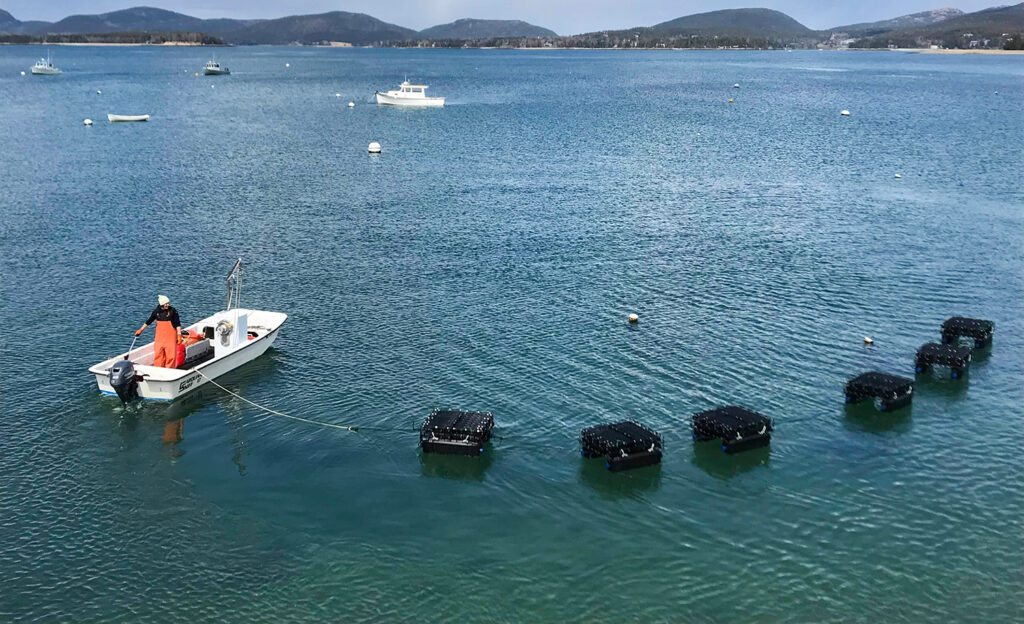
When the pandemic shut down the state in March of last year, the impact on small businesses was immediate. The Island Institute knew it had to offer expanded support.
For many years, the Institute has offered a professional development grant that helped small business owners get training—things like Quickbooks and certification classes—that would help them improve their business. But with the unique challenges presented by the pandemic, the Institute’s small business team reinvented the Tom Glenn Community Impact Fund professional development grants into business resilience grants.
The reformulated grants of up to $1,500 give small businesses the opportunity to do something that helps their businesses shift and, hopefully, survive, the pressures placed on them by the pandemic, said Craig Olson of the Island Institute.
“The whole idea is that we want to really put in what we considered impact capital,” he said.
And an impact is indeed what the Island Institute achieved, and, as you will see from some of the stories below, that impact reached beyond the direct benefit to the 95 small businesses that received grants directly.
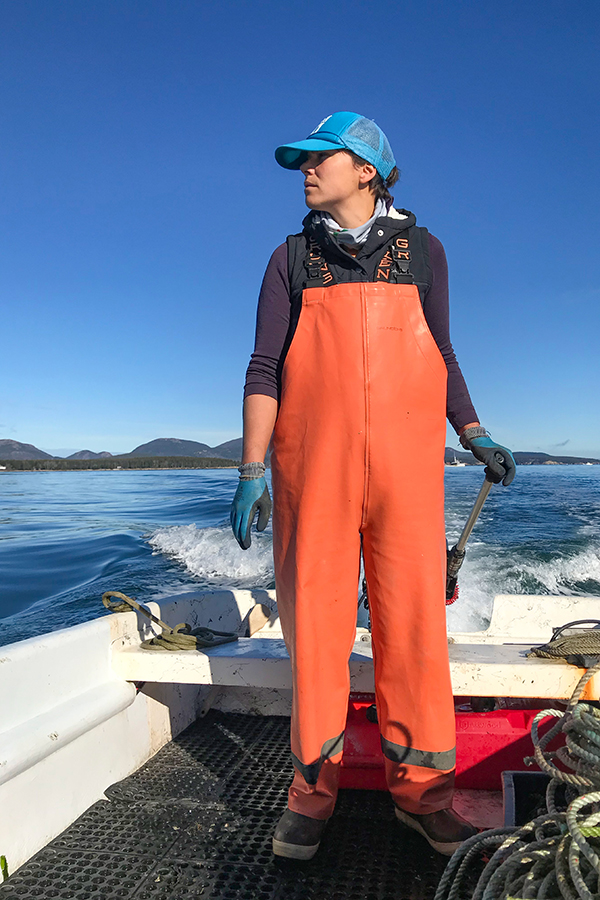
Cranberry Oysters
Great Cranberry Island
Lauren and Josh Gray run Cranberry Oysters on a five-acre oyster farm in a small inlet known as The Pool on Great Cranberry Island. Lauren does all her harvesting and makes deliveries from her boat.
“I literally just walk up a dock, drop them off to a restaurant,” she said.
But when the pandemic hit and the state put restrictions on incoming travelers, she had to get ready to meet a shift in sales and to possibly distribute her own product directly to customers. To do that, she needed a license to become a wholesale seafood distributor.
She applied for the Island Institute’s business resilience grant and was approved within a week. She got her grant money immediately, and signed up for the licensing course, which she was able to take online.
She now is HACCP-certified (hazard analysis and critical control points), the first step in the process to begin shipping her product directly and to launch her business into new territory. Plans are in the works to construct a land-based facility from where she can make shipments.
“The goal is to just become more independent and I think that’s definitely where I’m headed next,” she said.
Dulse and Rugosa
Sullivan
After the shutdown began last spring, Claire Weinberg and her daughter, Carley, co-owners of Dulse and Rugosa, a line of handmade organic hair and skincare products, knew they had to enhance their website to pivot away from selling their products from their storefront and from the many markets they usually attended and move to a wholesale business they could operate from their website.
They applied for a business resilience grant to pay for a photographer who could take photos of their products so they’d have a professional presentation on their website.
“I wouldn’t have personally spent money on a photographer,” Claire Weinberg said, even though a professional presentation is crucial to web-based business.
Having the grant to pay for a professional photographer was a big boost, she said.
“Our website was huge in keeping us solvent,” she said.
And she paid the grant forward by hiring a local photographer.
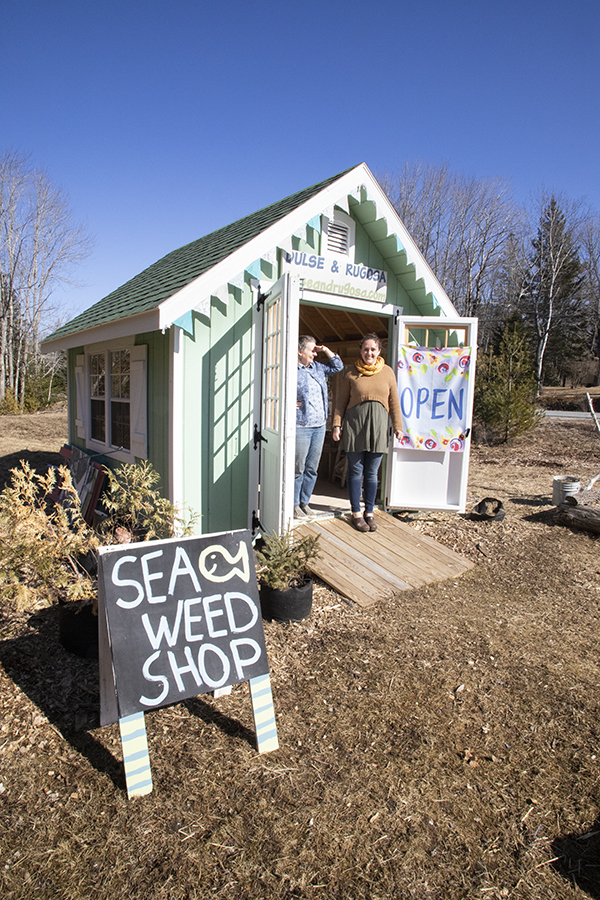

ProjectEmmersive
Biddeford
In February 2020, Faye Warner achieved a dream: She signed a lease on a gallery space where artists would use three of the five senses to create an immersive exhibition. The week after opening weekend, she had to close down because of the pandemic.
After the state allowed businesses to reopen, people were too nervous to be in the small exhibition space, and without anyone coming into the gallery and paying a suggested donation of $10 for entry into the exhibit, Warner didn’t know how her newly-opened business would be able to continue.
A business resilience grant from the Island Institute paid for the equipment to make 360-degree movies of the exhibits and allowed Warner to create an online portal where people can make a donation online and experience the exhibit via virtual reality.
“The Island Institute has been incredible and so influential in helping our business survive,” she said. Warner had the grant money in hand within a week of applying.
“If it weren’t for this grant,” she said, “I think we would’ve probably had to give up on our dreams because we couldn’t afford to do the online portal with all the technology.”
Instead of giving up on her dream, now she is looking forward to achieving her five-year plan of being able to employ multiple artists full-time and supporting a creative workforce here in Maine.
Maine Magic Mud
Vinalhaven
Will Drury always wanted to start his own business.
“I was a broke college student and didn’t have the money to invest in a lot of things,” he said, “but I decided that I could probably get my hands on some mud and that’s how it happened.”
The mud in question comes from the mud flats of Vinalhaven and it is the basis of the skin care product line he created after using some of it on the scaly and peeling skin of his hands that resulted from lobstering.
Drury received a business resilience grant to enroll in an online course from Columbia University to teach him online marketing skills in order to build his business online, but what he’s found as valuable as the financial support has been working with the small business team at the Institute. Being an island-based business, he said, “it’s nice to have an organization to work with that knows and has experience in exactly the issues that you are experiencing.”
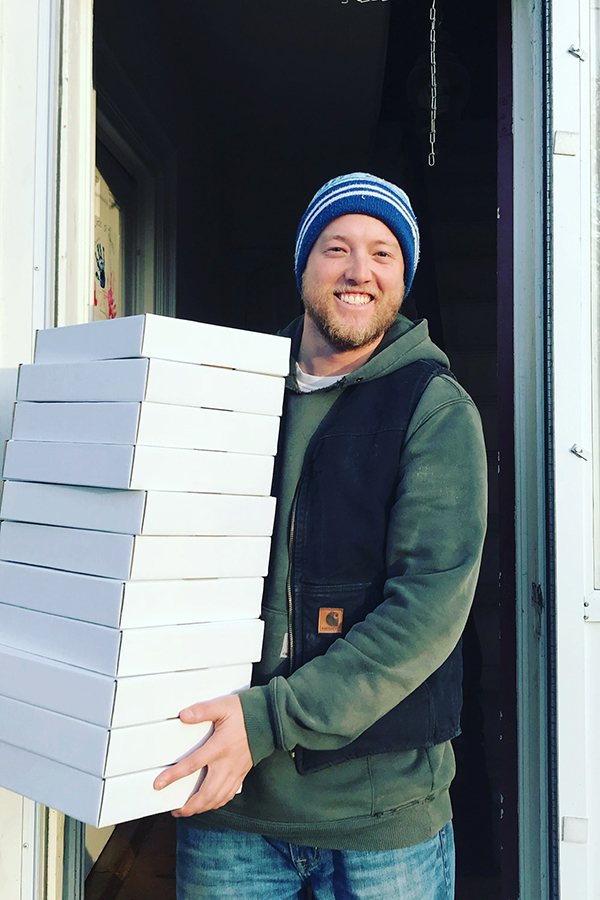
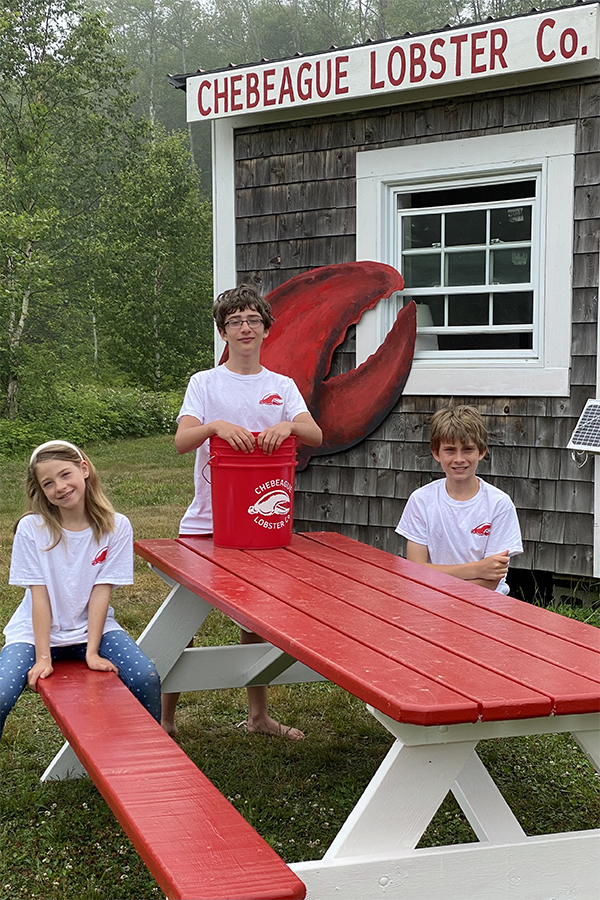
Chebeague Lobster Co.
Chebeague Island
There are lots of lobstermen on Chebeague Island, but no retail outlet where you could stop in on a summer evening and hand over a credit card to buy a dozen lobsters. So in June of 2020, in the middle of the pandemic, Christopher Loder, with the help of his three kids (ages 10, 12, and 13), launched a new seasonal business on the island they call home.
He made arrangements with two local lobstermen to be suppliers for the retail customer business on the island. To get his business going, he needed a lobster tank. And that’s where the Island Institute’s grant came in, providing the funds to purchase a tank, scales, 100 buckets, pint glasses, a point-of-sale solution, and to set up a website.
“The timing of the money is really important when starting a business,” he said. The Island Institute’s grant made his new business venture possible, he said. “The grant gave us the confidence to take the risk to create and launch something for ourselves, and this directly benefitted two other island families—that’s the real value here.”
Loder plans on reopening next summer, and already has expansion plans.

